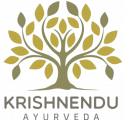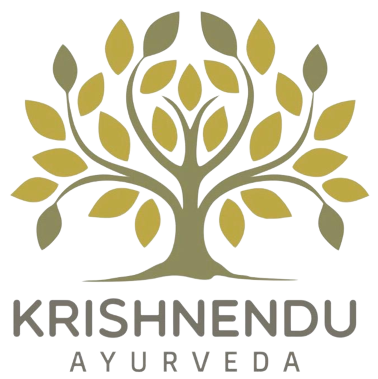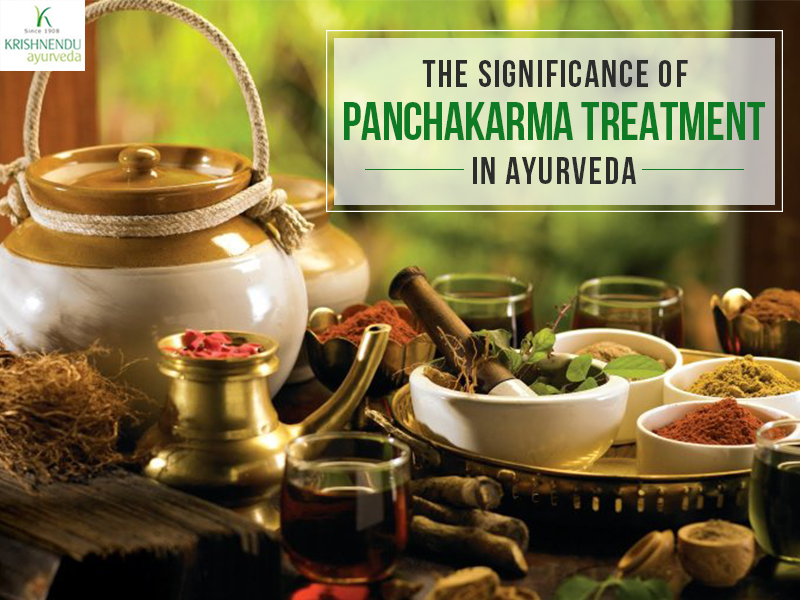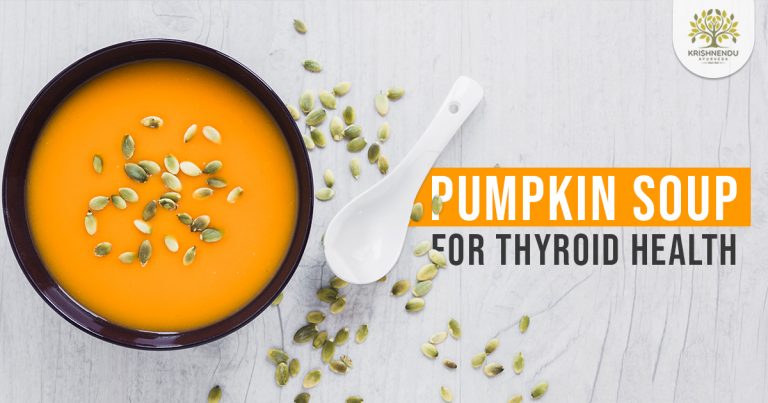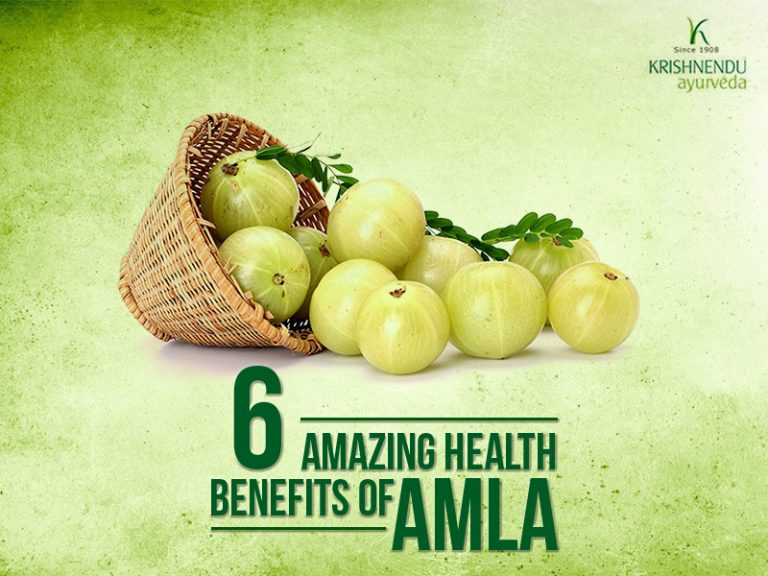What is a Panchakarma treatment?
Panchakarma in Sanskrit translates to 5 treatments. These are the primary purification and detoxification processes mentioned in Ayurveda. The objective of a Panchakarma treatment is to eliminate toxins and vitiated doshas and build the immune system through the 5 types of therapies namely Vamana, Virechana, Vasti, Nasya and Raktamokshana.
Why to do a Panchakarma treatment?
Panachakarma has a profound effect on cleansing the body off impurities and toxins which can be the root cause of many diseases. The therapeutic benefits aims for rejuvenation and to improve longevity, while also restoring body’s inner balance and vitality.
What are the benefits of doing a Panchakarma treatment?
- Balances vitiated Vata, Pitta and Kapha doshas
- Cleanses the body off accumulated toxins and impurities
- Helps balance nervous, circulatory and digestive systems
- Promotes mental and physical efficiency
- Improves joint flexibility, vigor and stamina
- Eliminates stress, anxiety and depression
- Restores body’s innate healing ability
What is the Panchakarma process?
Panchakarma is a five-fold therapy that is highly customized according to an individual’s prakriti or body constitutional type, doshic imbalances, age, immunity, digestive strength, metabolism, etc. The Panchakarma process begins with the consultation of a qualified Ayuvedic physician to determine the aforesaid factors.
The Panchakarma treatment is divided into 3 phases namely Poorva Karma, Pradhan Karma and Pashchath Karma.
Poorva Karma – The preparatory or primary phase in which the channels of the body are opened up through oleation and sudation procedures known as Snehana and Swedana. Treatments like Abhyangam, Pizhichil, Shirodhara, Njavara Kizhi, medicated steam bath, etc. are done as part of preparing the body.
Pradhan Karma – It is the main phase where the 5 significant therapies are performed.
- Vamana – It is a process of medicated emesis, where the toxins in the upper body parts like diaphragm and respiratory tract are eliminated through vomiting.
- Virechana – It is a purgation procedure that concentrates on the lower part of the gut to clean the bowel.
- Vasti – The process includes administering herbal oils and decoctions for a medicated enema.
- Nasya – Medicines are administered through the nose to cleanse and rejuvenate the nasal passages.
- Raktamokshana – The process of bloodletting through which impure blood is removed from the bloodstream.
Pashchath Karma – The treatments are concluded in this last stage and the body is prompted to undergo rejuvenation through proper diet, yoga, pranayama and meditation.
Panchakarma at Krishnendu Ayurveda
At Krishnendu Ayurveda, the ideal program for an individual is formulated after an in-depth study on the physical health and medical history. A customised module consisting of therapeutic massages, dietary counselling and body detoxification or rejuvenating treatment is prepared for each. The average modules are between 7 to 28 days.
All therapies are conducted by experienced therapists and masseurs or masseuses under the supervision of professional Ayurvedic physicians.
